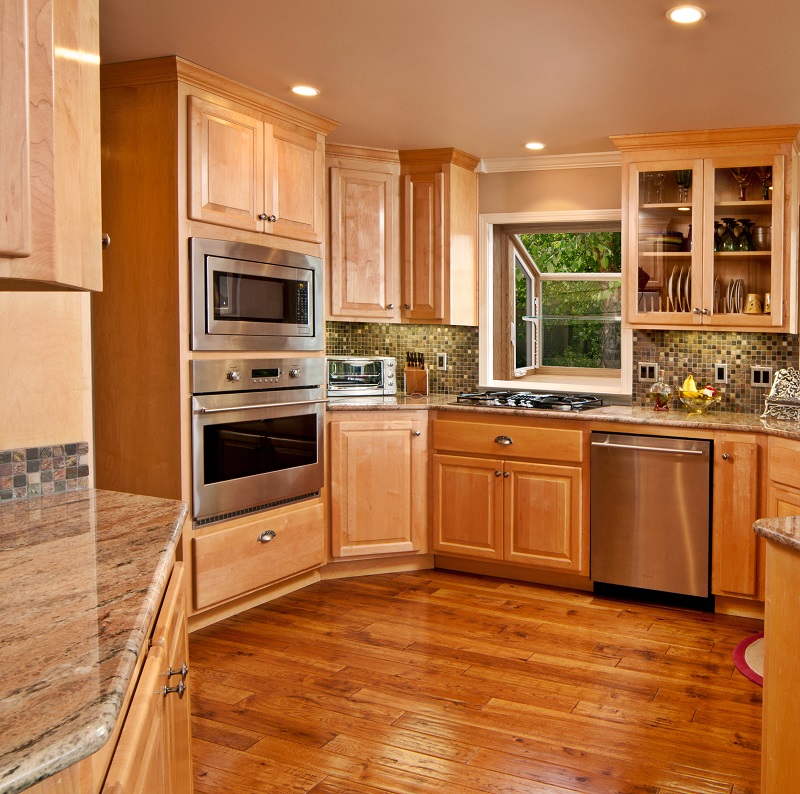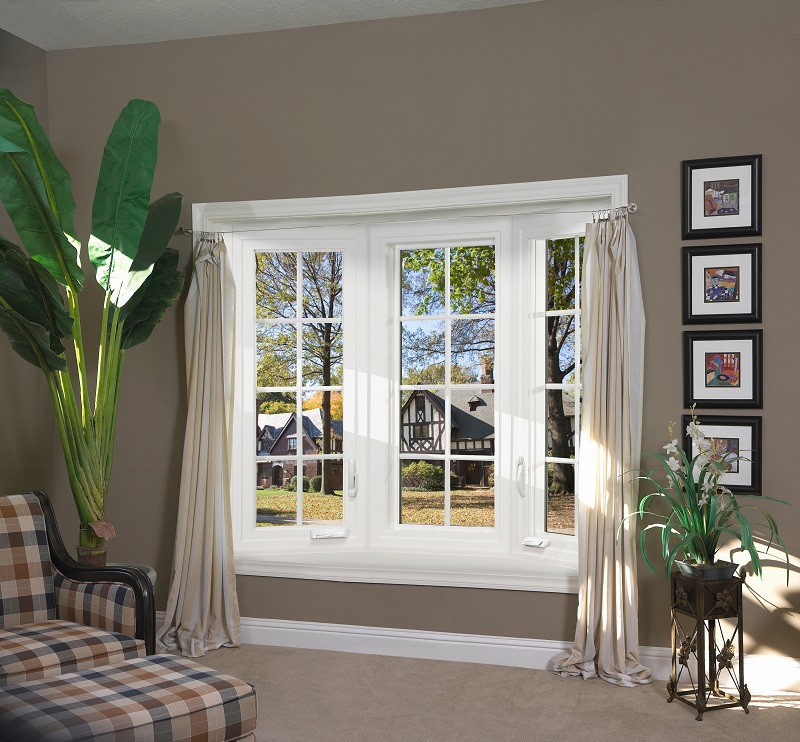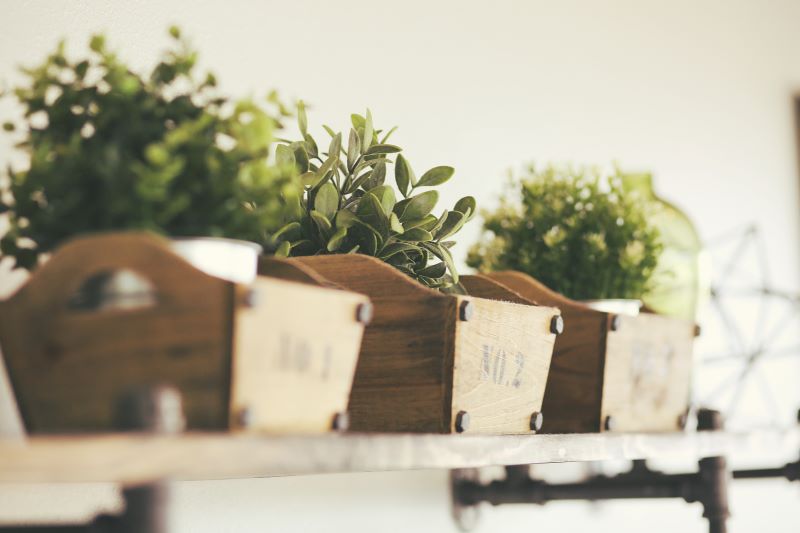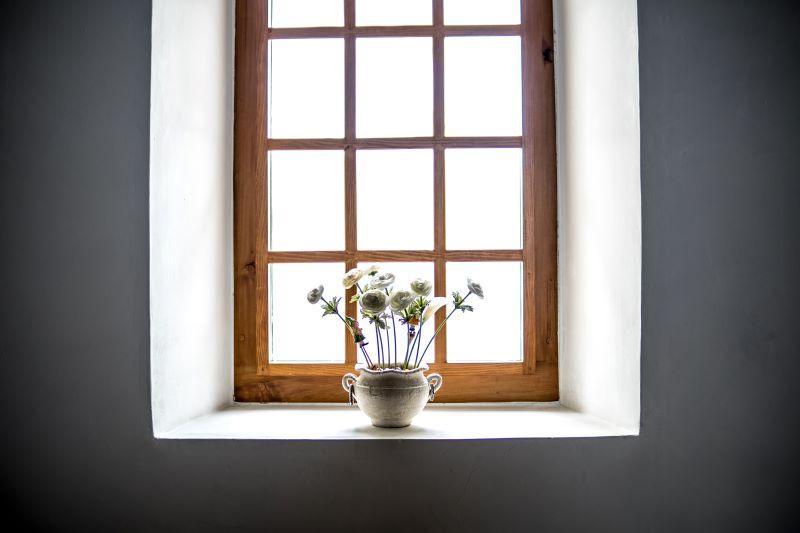What are the best windows for plants? The simple answer to that question is "any window that lets light through." After all, all plants require sunlight to spur photosynthesis, the process through which they feed themselves.
However, depending on where that window is located, what direction it's facing, and how large it is, it may be better or worse for specific kinds of plants. If you've been having trouble keeping your houseplants from becoming compost, read on.
Types of windows for plants
Garden windows
The most obvious window type to recommend for green thumbs is the garden window, which projects out from the side of your house and functions as a sort of miniature greenhouse. Four individual glass panes form walls and a sloped ceiling over a bottom shelf open to the house, capturing sunlight from multiple angles. That, of course, is where you'll set your houseplants.
Garden windows are equipped with a venting and weephole system to allow for the passage of air and water vapor in and out of the enclosed space. It is important to seal them properly to ensure full control over these processes.

Bay windows
Bay windows are another popular option for plant lovers, especially those who might own especially striking specimens they'd like to put on display. These windows have a geometry similar to garden windows, but the panels meet at gentler angles for a less boxy shape. Installing a bay window will add a bump-out to the room and an obvious nook for your houseplants surrounded by natural light. Without a sloped upper glass panel, the greenhouse effect of these windows is much less pronounced.

Other windows
Of course, you can position plants inside (or outside) of any kind of window using tables, shelving, hanging hooks, or window garden boxes (aka planter boxes) — depending on where the window opening is situated in the wall (for instance an awning window near the ceiling or floor) and any surrounding obstacles or obstructions (such as a tree outside).
Pay heed to the amount, angle, and intensity of light these windows get at different times of the day because that can ultimately determine whether a plant thrives or dies. If the plant appears to be bending, leaning, or stretching, it's a sign it may need more light. If the plant is browning or shedding leaves, it's a sign it may need less light (and more water).

Windows by cardinal direction
North
Generally speaking, north-facing windows are not the best for plants. For the majority of the year, they receive minimal direct sunlight, and the air around these windows tends to be the coolest. However, certain species that favor filtered or indirect light can make a living there, such as peace lilies, philodendrons, and certain ferns — plants accustomed to growing in forest understories beneath a canopy of trees.
South
South-facing windows are best for plants that can withstand the most luminous of conditions, as they are bombarded with direct, intense sunlight most of the year, though a tad less in the summer months in the Northern Hemisphere. Flowering plants (especially those that bear fruit), variegated plants (those with color patterns in the leaves), and herbs (like sweet basil) are best suited here.
East
East-facing windows offer more moderate lighting conditions, as they face the rising morning sun during the cooler parts of the day. There are many plants that fare well in these conditions, especially those that naturally occur in the northern latitudes.
West
Like east-facing windows, west-facing windows receive an average of half a day's light. In comparison, though, that light is brighter and more intense because it arrives in the afternoon into the evening. These are some of the best facing windows for plants because they receive some direct sunlight without being saturated.
Grow your indoor garden with Hodges
Regardless of what you're growing and where you grow it, windows that are drafty, leaky, or damaged compromise your ability to regulate the conditions your plants need. We supply replacement windows from America's leading manufacturers so your home horticulture efforts can truly take bloom.



